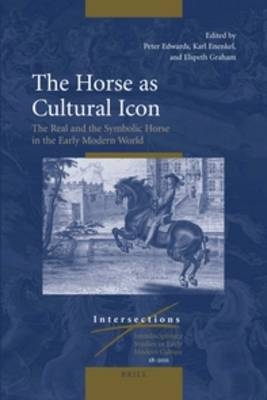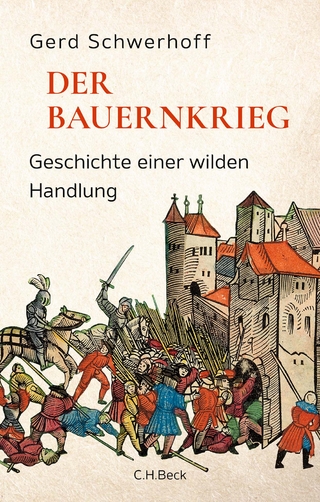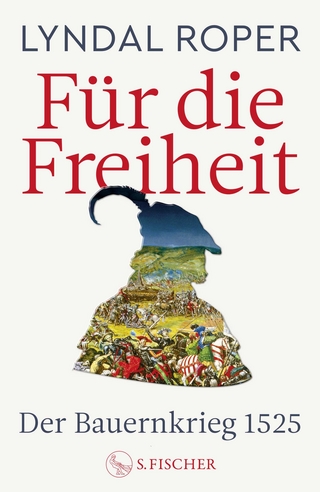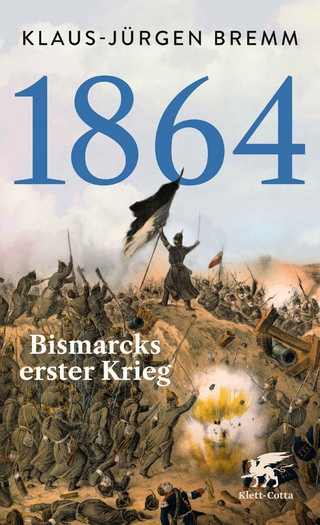
The Horse as Cultural Icon
Brill (Verlag)
978-90-04-21206-0 (ISBN)
In modern Western society horses appear as unexpected visitors: not quite exotic, but not familiar either. This estrangement between humans and horses is a recent one since, until the 1930s, horses were fully present in the everyday world. Indeed, as well as performing utilitarian functions, horses possessed iconic appeal. But, despite the importance of horses, scholars have paid little attention to their lives, roles and meanings. This volume helps to redress the balance. It considers the value that the influential elite placed on horses as essential accompaniments to their way of life and as status symbols, as well as the role that horses played in society as a whole and the people who used and cared for them.
Contributors include Greg Bankoff, Pia F. Cuneo, Louise Hill Curth, Amanda Eisemann, Jennifer Flaherty, Ian F. MacInnes, Richard Nash, Gavin Robinson, Elizabeth Anne Socolow, Sandra Swart, Elizabeth M. Tobey, Andrea Tonni, and Elaine Walker.
Peter Edwards, D.Phil. (Oxon 1976), is Professor of Early Modern British Social History at Roehampton University London. He has published extensively on the role of horses in early modern society, including the book, Horse and Man in Early Modern England. Karl A.E. Enenkel, Ph.D. (Leiden, 1990) is Professor of Medieval and Neo-Latin Literature at the University of Münster, Germany, and member of the Royal Netherlands Academy of Arts and Sciences (KNAW). He has published on international Humanism, the reception of Classical Antiquity, the history of ideas, literary genres and emblem studies. Elspeth Graham, Ph.D. (Manchester, 1986) is Head of English and Reader in Early Modern Studies at Liverpool John Moores University. She has published on seventeenth-century women's writing and religious radicalism as well as on early-modern and modern horse cultures.
Notes on the Editors
Notes on the Contributors
List of Illustrations
Acknowledgments
INTRODUCTION: THE HORSE AS CULTURAL ICON: THE REAL AND THE SYMBOLIC HORSE IN THE EARLY MODERN WORLD
Peter Edwards and Elspeth Graham
I. HORSEMANSHIP AND STATUS
THE DUKE OF NEWCASTLE'S 'LOVE [...] FOR GOOD HORSES': AN EXPLORATION OF MEANINGS
Elspeth Graham
VISUAL AIDS: EQUESTRIAN ICONOGRAPHY
AND THE TRAINING OF HORSE, RIDER AND READER
Pia F. Cuneo
BIG MEN, SMALL HORSES: RIDERSHIP, SOCIAL STANDING AND ENVIRONMENTAL ADAPTATION IN THE EARLY MODERN PHILIPPINES
Greg Bankoff
LETTING LOOSE THE HORSES: SIR PHILIP SIDNEY’S EXORDIUM TO THE DEFENCE OF POESIE
Elizabeth Socolow
THE LEGACY OF FEDERICO GRISONE
Elizabeth M. Tobey
II. HORSE BREEDING
ALTERING A RACE OF JADES: HORSE BREEDING AND GEOHUMORALISM IN SHAKESPEARE
Ian F. MacInnes
“BEWARE A BASTARD BREED”: NOTES TOWARDS A REVISIONIST HISTORY OF THE THOROUGHBRED RACEHORSE
Richard Nash
‘THE MOST EXCELLENT OF ANIMAL CREATURES:
HEALTH CARE FOR HORSES IN EARLY MODERN ENGLAND
Louise Hill Curth
“DARK HORSES”. THE HORSE IN AFRICA IN THE SIXTEENTH AND SEVENTEENTH CENTURIES
Sandra Swart
THE RENAISSANCE STUDS OF THE GONZAGAS OF MANTUA
Andrea Tonni
III. HORSE-HUMAN IDENTITIES
IMAGE AND REALITY: UPPER CLASS PERCEPTIONS OF THE HORSE IN EARLY MODERN ENGLAND
Peter Edwards
‘KNOW US BY OUR HORSES’: EQUINE IMAGERY IN SHAKESPEARE’S HENRIAD
Jennifer Flaherty
‘THE AUTHOR OF THEIR SKILL’: HUMAN AND EQUINE UNDERSTANDING IN THE DUKE OF NEWCASTLE’S ‘NEW METHOD’
Elaine Walker
THE MILITARY VALUE OF HORSES AND THE SOCIAL VALUE OF THE HORSE IN EARLY-MODERN ENGLAND
Gavin Robinson
FORGING IRON AND MASCULINITY: FARRIER TRADE IDENTITIES IN EARLY MODERN GERMANY
Amanda Eisemann
| Reihe/Serie | Intersections ; 18 |
|---|---|
| Verlagsort | Leiden |
| Sprache | englisch |
| Maße | 155 x 235 mm |
| Gewicht | 838 g |
| Themenwelt | Kunst / Musik / Theater |
| Sachbuch/Ratgeber ► Natur / Technik ► Tiere / Tierhaltung | |
| Geschichte ► Allgemeine Geschichte ► Neuzeit (bis 1918) | |
| Geisteswissenschaften ► Geschichte ► Regional- / Ländergeschichte | |
| Weitere Fachgebiete ► Land- / Forstwirtschaft / Fischerei | |
| ISBN-10 | 90-04-21206-X / 900421206X |
| ISBN-13 | 978-90-04-21206-0 / 9789004212060 |
| Zustand | Neuware |
| Informationen gemäß Produktsicherheitsverordnung (GPSR) | |
| Haben Sie eine Frage zum Produkt? |
aus dem Bereich


